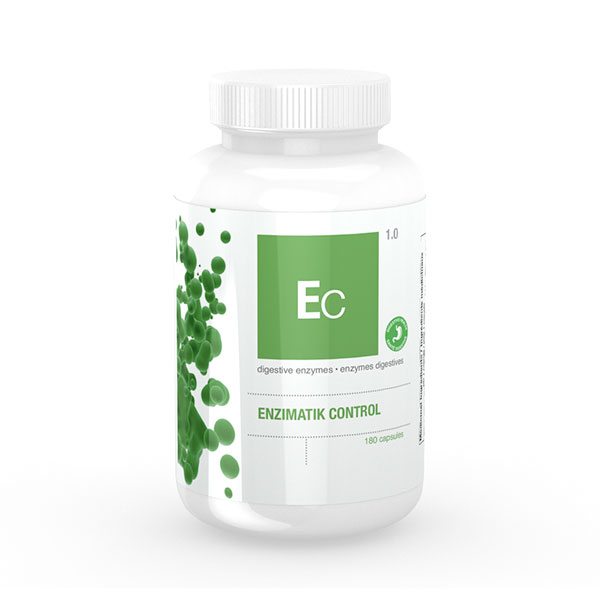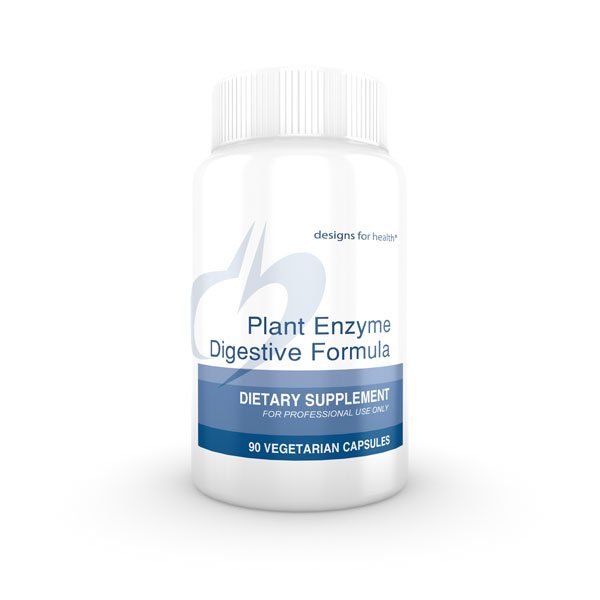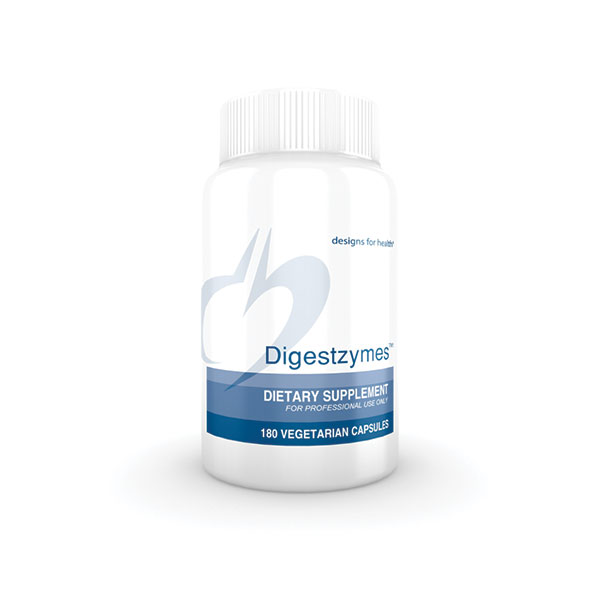“We eat food, but our digestive system doesn’t absorb food, it absorbs nutrients.”
Digestive enzymes produced in the pancreas and small intestines speed up the chemical reactions that break down our food into nutrients so your body can absorb them. If you don’t produce enough digestive enzymes, your ability to break down your food is reduced.
What does this mean? It means that even though you may be eating well, you may not be absorbing all the good nutrition and hence not be getting the results you are chasing!
Think about this…the steak or broccoli you eat needs to be broken down into its nutrient pieces: amino acids (from proteins), fatty acids and cholesterol (from fats), and simple sugars (from carbohydrates), as well as vitamins, minerals and other plant/animal compounds. If this process doesn’t happen, your body is unable to use the food you are eating!
“You aren’t what you eat…you are what you digest and absorb.”
Why you may not be producing enough digestive enzymes?
Some of the obvious reasons why your digestive enzyme production may be impacted may be include:
- Disease of the pancreas, such as acute or chronic pancreatitis, cystic fibrosis or pancreatic cancer
- Long standing Coeliac or Crohn’s disease.
- But even in the absence of disease, your enzyme production may be suboptimal for the following reasons:
- Low grade inflammation in the digestive tract due to food allergies/intolerances, imbalance of gut bacteria, parasitic infections etc.
- A decline in digestive function has been observed as you age, however the question remains whether it is the result of aging or aging badly?
- Low stomach acid has been associated with digestive enzyme insufficiency.
- Chronic Stress! Probably the most common reason for problems with digestive enzymes. When your body is stressed or in that ‘fight or flight’ mode, digestion is a low priority, hence digestive function (including digestive enzyme production) is reduced. Chronic stress = constant ‘fight or flight’ mode = impaired digestive enzyme production.
How do you know if you need a digestive enzyme?
Some of the symptoms to look out for include:
- Gas or bloating after meals
- The sensation of food just sitting in your stomach
- Feeling full after only a few bites of food
- Changes in your stool – undigested food, floating stools etc.
Benefits of taking a digestive enzyme
Without digestive enzyme your body is going to have a hard time processing the food you eat.
Three reasons why you should take digestive enzymes:
- To assist your body to break down macronutrients such as protein, fats and carbohydrates into an absorbable form.
- Enhance nutrient absorption and help to prevent nutritional deficiencies.
- Reduce overall stress on the digestive tract – the absorption and utilization of nutrients will help to repair the gut lining and address issues such as leaky gut.
Many people would benefit from taking a digestive enzyme. In conjunction with a diet rich in whole foods a digestive enzyme will help to boost the digestion and absorption of nutrients.
How to take digestive enzymes?
Best taken in the middle of your meat meals. Use plant enzymes if you are having a plant-based meal. Dosage is dependent on the individual and their digestion, however take note of how you feel and whether your symptoms are relieved. Your coach or nutritionist will also be able to help you with this.
If you think you need a digestive enzyme, visit us at Shredded Health & Performance or our online shop to get yours today.






